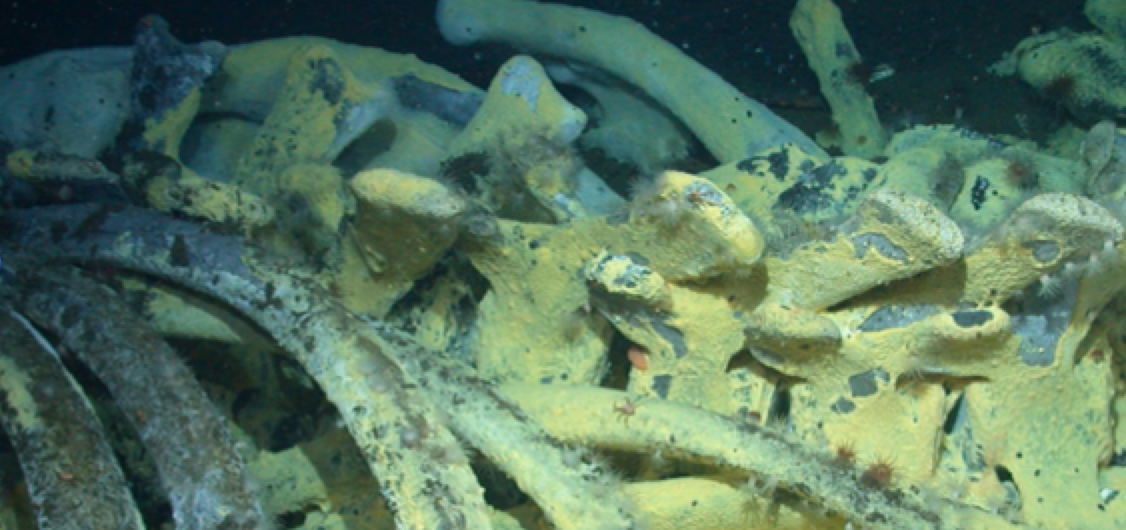The Unseen Significance of Whales |
"People are finally beginning to understand the major role that whales play in the health of the world's oceans"
from Carl Safina of The Safina Center in Ocean Views
co-authored by Jessica Perelman
When the International Whaling Commission (IWC) placed a moratorium on commercial whaling in 1982, the initial intention was for only a temporary pause in global whaling. But more than 30 years later, the act still remains in effect and has allowed many depleted species to regain stability. Although certain countries, including Japan, Iceland, and Norway, have resumed the practice by exploiting loopholes in the regulation or withdrawing from the IWC entirely, numerous protest movements and non-profit organizations have since emerged in defense of these creatures, such as the well-respected Campaign Whale.
 Non Lethal Whale Research - tagging - photography - biopsy |
But why the big push to defend whales, and what is it that makes these aquatic giants worth protecting? It seems that people are finally beginning to understand their major roles in balancing the oceanic environment as essential ecosystem engineers. Until recently, people regarded whales as too rare to have any major impacts on Earth's oceans. But as they begin to recover from previous decimation alongside increasing oceanic research, scientists are finding that these animals are actually vital components in the stabilization of marine ecosystems. As it turns out, whales help regulate and support a vast spectrum of marine organisms whose abundances increase or decrease in their presence. With such large metabolic demands in the great whales, for instance sperm and baleen, they consume an enormous quantity of fish and invertebrates, while they themselves are (sometimes) prey to other high trophic level creatures such as orcas.
Even after whales die, they continue to support oceanic species in a large way. A phenomenon known as "whale fall," in which their immense carcasses sink to the seafloor, provides an abundance of nutrients that support deep-sea life. This biological event is described in detail by notable marine biologist and TED Fellow, Asha de Vos, who affirms that as the carcasses sink, "they provide a feast to some 400-odd species" that are sustained by the nutrients and shelter they provide, and can support marine biological communities for years, even decades. Thus, without whales, entire marine communities would likely be affected as balance in the ecosystem fluctuates in the absence of these great mammals.
 Whale carcasses provide nutrients and shelter to deep-sea communities. Source: NOAA |
In addition to this direct regulation of marine communities, it has come to light that whales are key players in global cycling of environmental resources like carbon and nutrients, which makes them even more significant in the face of global warming and climate change. A major contributor to this cycling is actually the production of whale feces. By consuming matter in deep, nutrient-rich waters and fertilizing nutrient-poor waters, whales help mix the water column and spread essential nutrients like iron and nitrogen through various marine layers. The "flocculent fecal plumes" emitted as excrement from whales stimulate growth of plankton and other microorganisms that are the foundation of all oceanic food chains.
Carbon cycling is also a crucial environmental factor greatly influenced by whales. The element is sequestered out of the atmosphere and naturally accumulates in whales' large bodies over their life span, and large amounts of carbon are carried to the seafloor when the enormous animals die and sink. Whales are long-lived species, with life spans ranging from 30 to 90 years, which means they act as valuable indicators for the stability of marine environments. In light of their true realized importance, statements like "save the whales, save the planet" are not entirely far fetched.
As new information continues to surface about the significance of maintaining whale populations, increasing conservation efforts remains a concern. It seems that the main issue lies with those still clinging to the fading demand for whale products, and changing the mentality of such communities is vital in the effort to halt commercial whaling once and for all. Nations such as Japan, Norway, and Iceland could seek alternatives to commercial whaling like sustainable aquaculture, which accounts for almost 50% of the world's fish for human consumption. This process of "farming" marine and freshwater species of plants, fish, and shellfish could be the answer to a lot of the world's desire for obtaining protein from the sea without the expense of whales.
The majestic, charismatic marine creatures that are adored by the masses, relied upon by marine food webs, and now valued as critical ecosystem engineers have most of the modern world rooting for their protection. If the necessary steps are taken to ensure their survival, whales will continue to thrive as wondrous beings, and as considerable assets to the health of the world's oceans.
| Tweet |